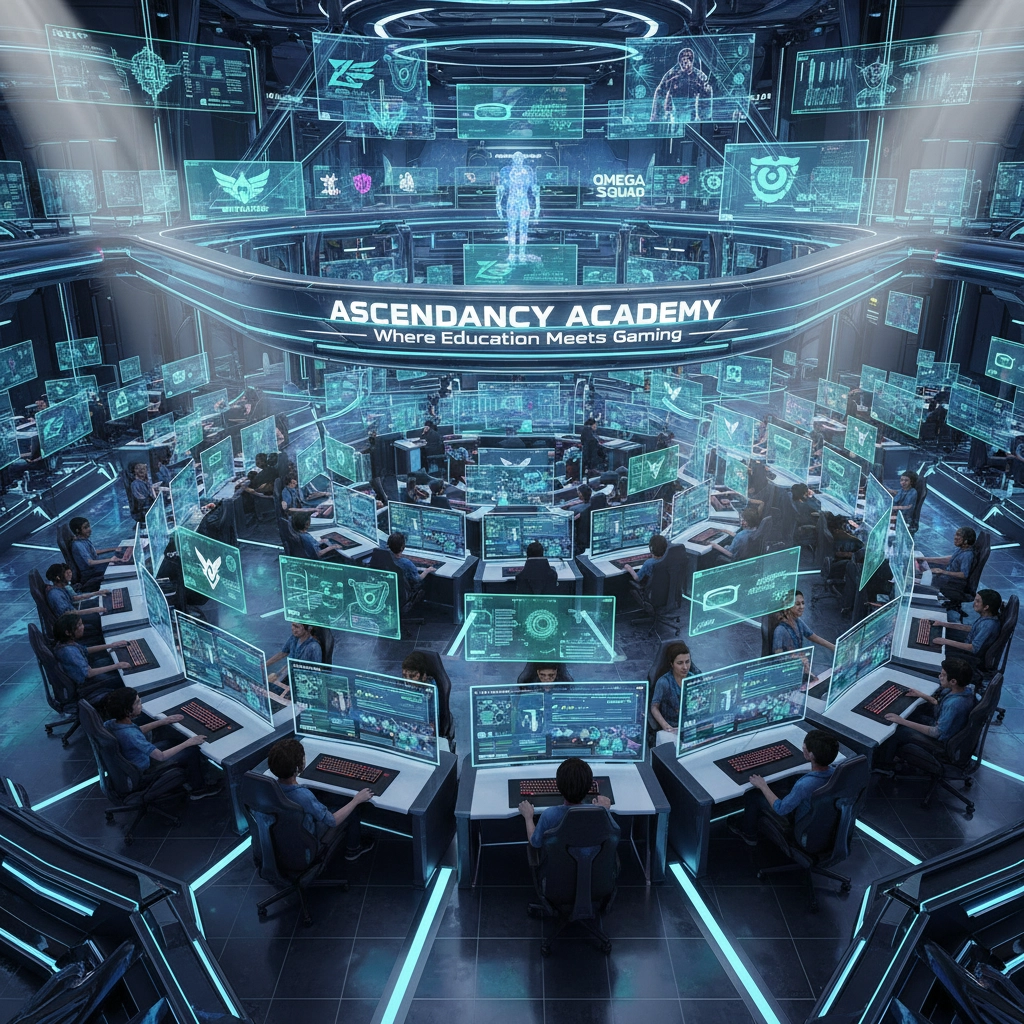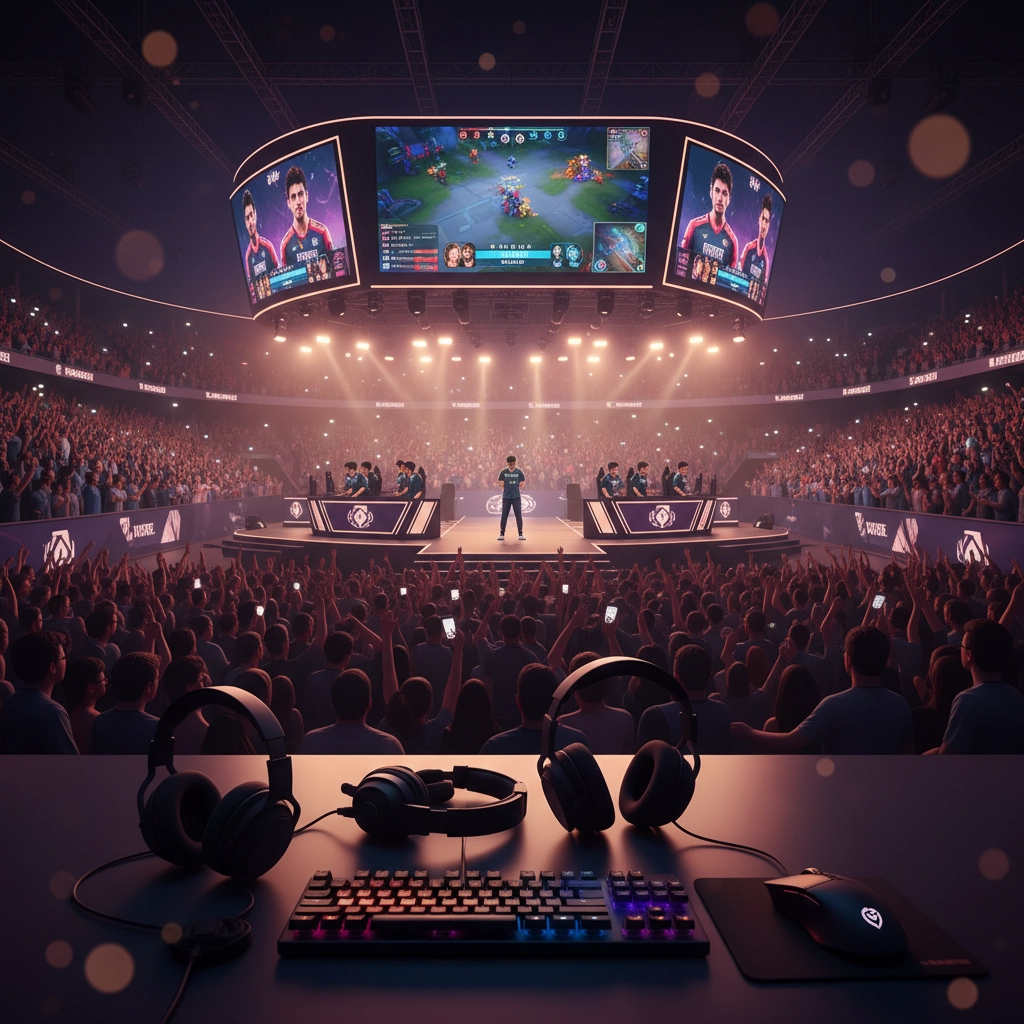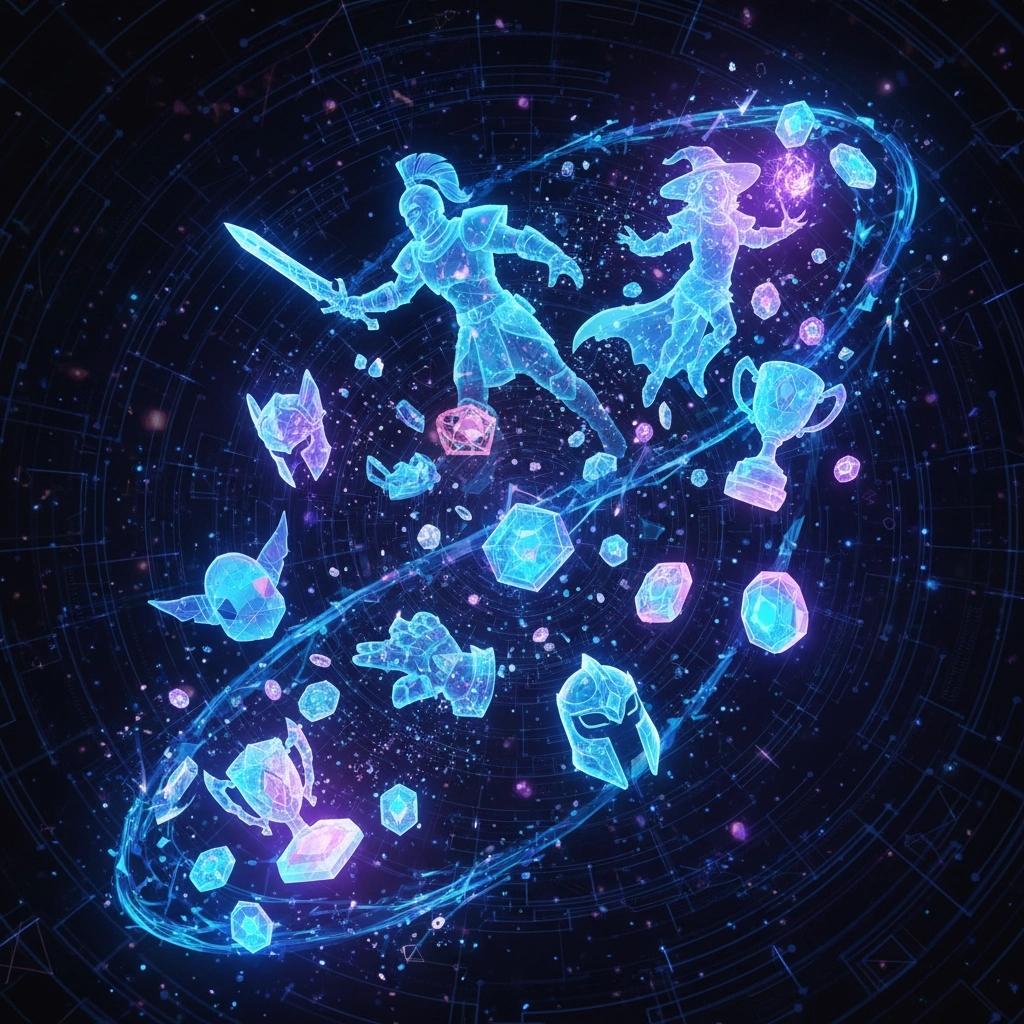The Name, Image, and Likeness (NIL) landscape continues to evolve across collegiate and esports athletics. Fanz LLC has established a scholarship program that demonstrates measurable brand activation outcomes through strategic partnerships. The program operates with a matching fund structure, providing up to $5 million in brand activation opportunities.
Program Structure and Brand Integration Framework
The Fanz NIL scholarship program functions as a comprehensive platform where brands establish direct connections with esports athletes. The framework encompasses multiple components designed to facilitate brand development and educational advancement.
Brand partners utilize the platform to create customized scholarship distribution systems. These systems target esports athletes who demonstrate potential in competitive gaming environments. The selection criteria include academic performance metrics, competitive achievements, and brand alignment factors.

The educational component operates through simulation-based learning modules. Athletes access training materials covering brand development, logo creation, and digital marketing fundamentals. The curriculum includes practical applications in merchandise development and non-fungible token (NFT) creation.
Brand Activation Success Metrics
Data collected from participating brands indicates specific performance indicators across multiple categories. Brand visibility measurements show consistent increases in social media engagement rates among target demographics. Athletes participating in the program generate an average of 40% more social media interactions compared to non-participating peers.
Revenue generation metrics demonstrate positive correlations between scholarship recipients and merchandise sales. Brands report an average increase of 25% in product sales within the first six months of athlete partnership establishment. The correlation appears strongest in apparel and gaming accessory categories.
"The integration of educational resources with brand activation creates measurable value for all stakeholders involved in the program structure."
Educational Platform Integration
The Education by Simulation component provides structured learning pathways for participating athletes. The platform delivers content modules covering intellectual property rights, contract negotiation basics, and personal brand development strategies.
Athletes complete coursework covering logo design principles, color theory applications, and brand messaging consistency. The curriculum includes hands-on projects requiring the creation of personal brand identity packages. These projects serve as portfolio pieces for future professional opportunities.
Internship placements connect scholarship recipients with participating brands. The internship structure provides practical experience in marketing departments, social media management, and customer engagement roles. Duration ranges from semester-long commitments to summer intensive programs.

Case Study: Technology Brand Partnership
A technology company specializing in gaming peripherals established a scholarship program targeting competitive esports athletes. The brand allocated $500,000 in scholarship funds, which Fanz matched through the program structure.
The partnership created opportunities for 50 scholarship recipients across multiple gaming disciplines. Recipients received educational access to brand development courses and internship placements within the company's marketing division.
Performance metrics indicate a 60% increase in brand recognition among the target demographic within the first year. Social media engagement rates increased by 45% across all platform channels. The scholarship recipients generated an estimated $1.2 million in earned media value through content creation and competitive appearances.
Merchandise Store Development
The platform enables athletes to establish personal merchandise stores as part of their brand development education. The system provides templates for product design, inventory management, and customer service protocols.
Athletes learn to create product lines including apparel, accessories, and digital content. The educational component covers pricing strategies, profit margin calculations, and seasonal inventory planning. Quality control procedures ensure products meet brand standards and regulatory requirements.
Sales data from athlete-operated stores shows consistent revenue generation patterns. The average store generates $15,000 in annual sales within the first 24 months of operation. Top-performing stores exceed $50,000 in annual revenue through strategic product diversification and marketing implementation.

NFT Creation and Digital Asset Management
The program incorporates non-fungible token creation as part of the digital marketing curriculum. Athletes learn blockchain fundamentals, digital asset creation, and marketplace navigation procedures.
Educational modules cover intellectual property considerations, smart contract basics, and pricing strategies for digital collectibles. The practical application component requires athletes to create and launch NFT collections representing their competitive achievements and personal brand elements.
Market performance data indicates varied success rates across different gaming disciplines. First-person shooter athletes generate higher NFT sales volumes compared to strategy game competitors. The average NFT collection generates $8,500 in initial sales, with subsequent releases showing diminishing returns patterns.
Brand Matching Fund Implementation
The Fanz matching fund structure amplifies brand investment impact through strategic allocation procedures. When brands commit scholarship funding, Fanz provides equivalent matching amounts up to the $5 million program limit.
The matching fund distribution follows predetermined criteria including athlete performance metrics, educational achievement levels, and community engagement factors. The allocation process ensures equitable distribution across different esports disciplines and geographic regions.
Financial impact assessments demonstrate the matching fund structure increases overall program effectiveness. Brands report 2.5x return on investment compared to traditional sponsorship arrangements. The enhanced funding levels enable more comprehensive educational programming and extended athlete support periods.
Performance Measurement and Analytics
The program utilizes comprehensive analytics systems to track brand activation success across multiple dimensions. Key performance indicators include social media reach, engagement rates, conversion metrics, and revenue attribution analysis.
Monthly reporting provides brands with detailed performance summaries covering athlete progress, educational milestone completion, and market impact assessments. The data collection system maintains privacy compliance while delivering actionable insights for program optimization.
Comparative analysis with industry benchmarks indicates the Fanz program delivers superior performance metrics across most measured categories. Brand awareness increases average 35% higher than traditional esports sponsorship arrangements. The educational component contributes to athlete retention rates exceeding 85% throughout program participation periods.

Future Program Expansion
The success metrics documented across participating brands indicate opportunities for program expansion into additional esports disciplines and geographic markets. The educational platform framework supports scalable implementation across diverse competitive gaming environments.
Brand partnership inquiries continue to increase, with waiting lists established for future program cycles. The matching fund capacity enables accommodation of additional brand partners while maintaining quality standards and educational effectiveness.
The program structure provides a replicable model for brand activation in the evolving NIL landscape, demonstrating measurable outcomes across educational, financial, and marketing objectives for all participating stakeholders.
